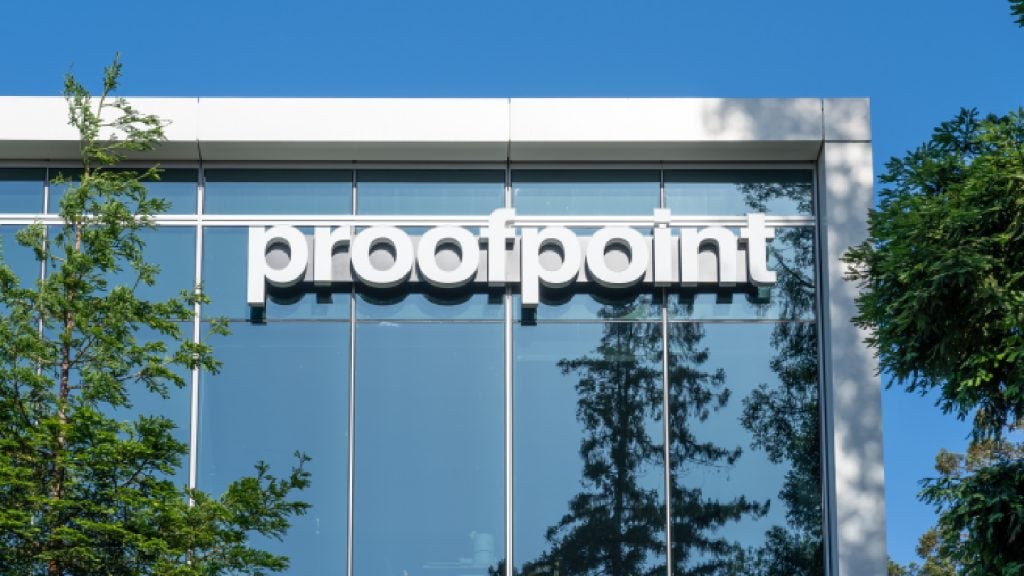In the economic downturn, the promise of low-code platforms to accelerate software delivery has resulted in a flurry of competition and acquisitions. The need to remove any red-tape from the app modernization process has never been greater during the Covid-19 crisis, prompting executive directives for organizations to accelerate digital transformations. Whether enterprises are entrenched in new software delivery efforts or barely beginning them, Covid-19’s impact has CIOs opting for emerging technologies in order to hurry along digital projects and combat the inevitable economic impact.
As a result, enterprises are motivated to prioritize their modern software delivery initiatives through the high-productivity development tools of low-code platforms. Heightened importance around low-code app development platforms has been prompted by complex application architectures, a global shortage of professional software developers, and the need for business transformation delivered through meaningful back-end data integrations.
Increased prominence has ensured lucrative funding, acquisitions, and profitability. Pushing rapidly into the low-code and automation space are global public cloud platform providers Google, Microsoft and Amazon as they begin strategies around visualization tools and automation capabilities. Earlier this year Google acquired no-code provider AppSheet, and this summer Amazon announced a low-code tool, Honeycode, with more AWS services expected.
Leading low-code vendors have been demonstrating their ability to disrupt the application platform marketspace with a model-driven visual approach, significantly speeding the app development process by enabling collaboration between business and IT stakeholders. This is achieved through high-productivity design tools, AI-injected connectors to backend systems, and process automation technologies, all of which address complex workflows including those in high-compliance industries. Solutions are able to provide best practices/recommendations during the UX process to ease complex backend data integration requirements associated with interactive B2C apps and automate workflow controls.
In a recent Competitive Landscape Assessment, GlobalData rates Microsoft and Salesforce as “Leading’’ competitors in this space. GlobalData rates Appian, Mendix, OutSystems, and Pegasystems as “Very Strong’’ competitors.

US Tariffs are shifting - will you react or anticipate?
Don’t let policy changes catch you off guard. Stay proactive with real-time data and expert analysis.
By GlobalData








